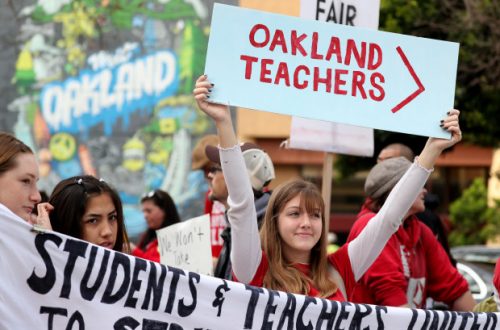Perhaps Dan Hodges is justified in suggesting that Labour is dog-whistling on immigration issues – certainly the emphasis seems tipped more towards those worried about immigration than those worried about racism in the opening paragraphs of Chris Bryant’s speech.
First, whilst I don’t think anybody is seriously in doubt that immigrants have made an enormous contribution to this country, people, including migrants themselves, quite rightly expect to have their legitimate concerns about immigration taken seriously.
I realise that for some time people thought that Labour believed anyone who ever expressed a concern about immigration was racist.
So let me be absolutely clear. Yes, racists have sometimes polluted this debate and we should always be alive to the dangers of prejudice, but Labour have concerns about immigration, about the pace of migration, about the undercutting of workers’ terms and conditions, about the effect on the UK labour market.
But even though he seems to have made a complete hash of this, and was on the receiving end of some witheringly disdainful comments from Evan Davies for his failure to fact check, I actually thought Bryant was making some reasonable points on the Today programme. I agree that there is a tension, or a potential tension at least, for those on the left, between opposing racism and bigotry, and supporting people’s freedoms, on the one hand, and upholding the rights and well being of workers on the other. I agree with Bryant that the best way to tackle this problem is to ensure that exploitation is not an issue. The minimum wage is one obvious and important mechanism. Although people being willing to live in basic shared accommodation so that they can send savings home is not something which can easily be legislated against, other exploitative practices can be tackled. For example, a while back I posted on the problems faced by workers at Pret A Manger, who had been employed (it was claimed) in the expectation that foreign, non-unionised workers would be more compliant. If the expectations of all workers are better aligned, then there is less opportunity for both exploitation (of foreign workers) and resentment (from UK workers).


